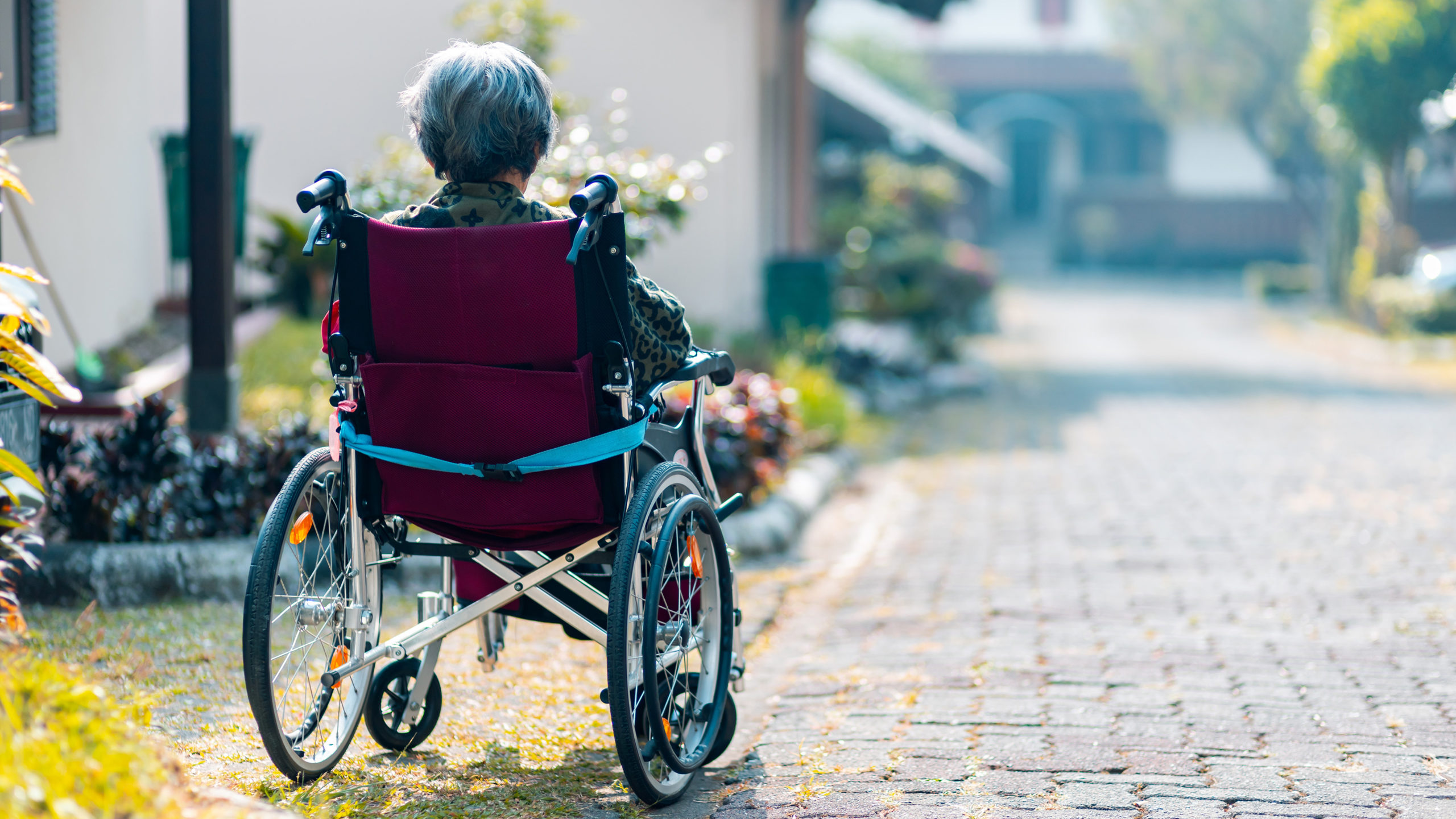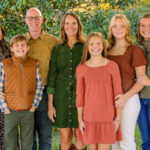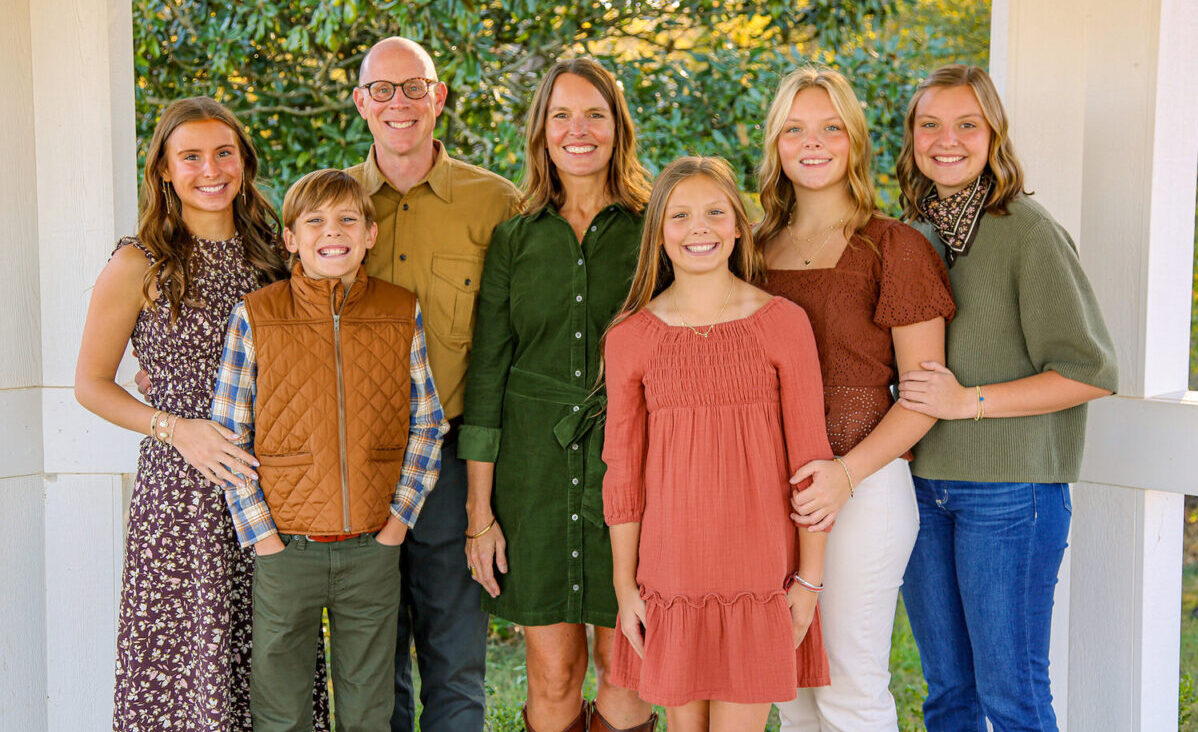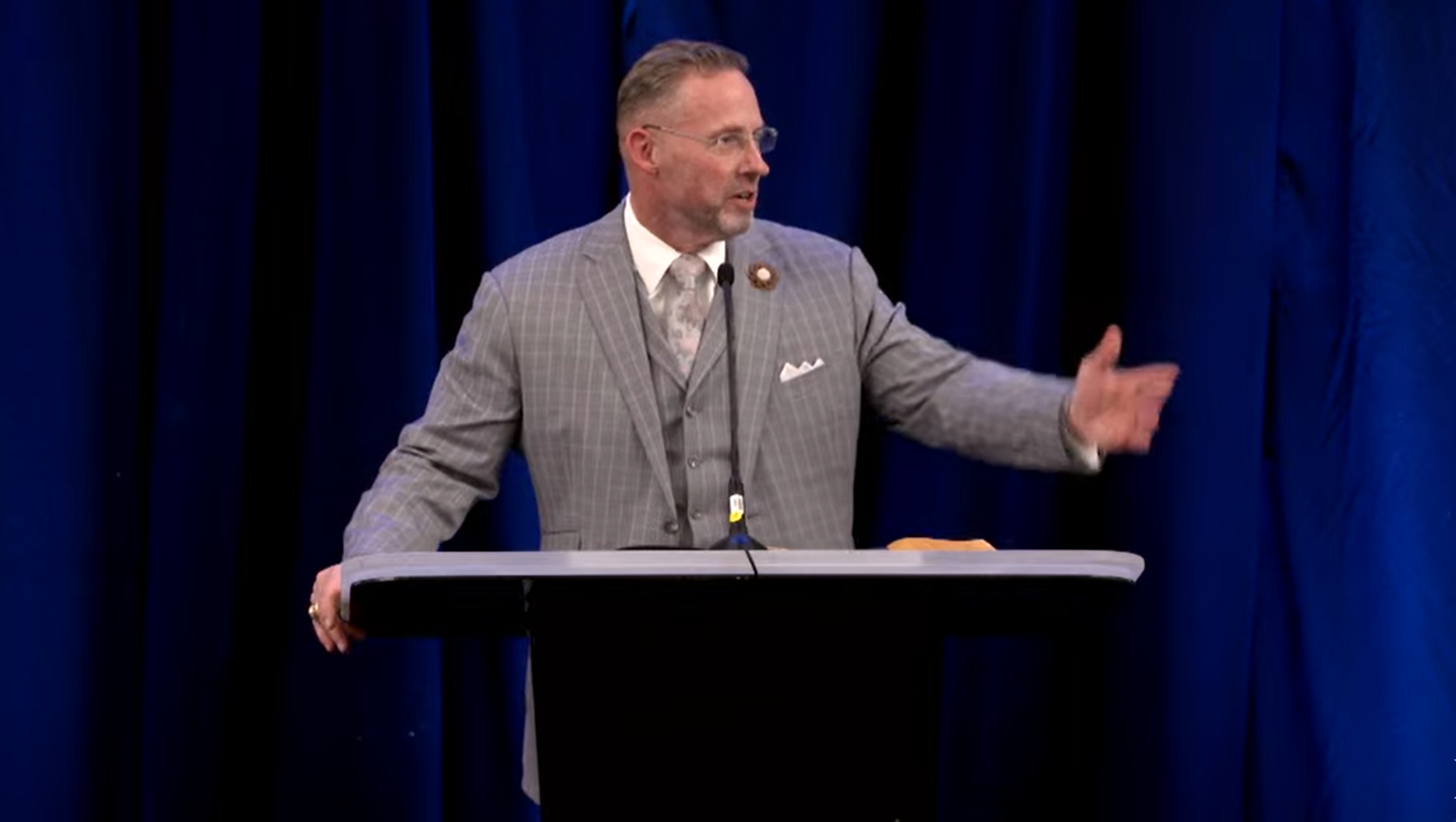Many caregiver support groups are available for those with loved ones who have Alzheimer’s disease or dementia. In these gatherings, caregivers find a safe place to share their stories with others going through the same experiences.
These caregivers often face a unique set of challenges, said Cheryl Blanchard, a licensed social worker, certified case manager and Middle Tennessee regional director of Alzheimer’s Tennessee. Those in the beginning and middle stages of Alzheimer’s disease can still be physically capable, but cognitively unable to understand their limitations.
“The emotional challenges are really quite different when you’re an Alzheimer’s caregiver, because you’ve got all of the personality and behavior things going on that you may not see in other caregiving situations,” Blanchard noted.
“People say [it] is like a long goodbye,” she added. “It’s a very long grieving process because you lose a little bit of that person each day, even though they’re physically right in front of you.”
On their own
Family members often do not offer support, noted Linda Rockett, who facilitates an Alzheimer’s caregiver group at First Baptist Church Covington, Louisiana. Some do not believe the person has Alzheimer’s or dementia, especially in the early stages, and one family member typically provides the care with little or no help from others.
The Covington group meets weekly for one hour, and everyone gets time to share, Rockett said. Participants are asked to focus on their own thoughts and feelings.
“We are here to support each other and not fix each other,” she said. “Confidentiality is a very basic requirement for the group. If members meet out in the store and they want to talk about their situations, that’s fine, but they cannot talk about anyone who’s outside the group.”
Sharing freely
“The support group is a place where we can come and kind of unburden ourselves,” said Nancy Nicewonger, group facilitator at First Baptist Church Kennett Square, Pennsylvania. “In my opinion, the biggest benefit is simply knowing that we have a place where, if we need to cry, we can cry. If we’re angry about life, we can be angry.”
Judith Moon, support group facilitator at University Baptist Church in Huntsville, Alabama, said she asks questions instead of offering advice and helps caregivers consider their best options. She works with caregivers and their loved ones battling Alzheimer’s or dementia, using the opportunity to point people to Jesus.
“I encourage them to realize they can’t handle this on their own. … I encourage them to search the Bible and find a Scripture that will give them encouragement,” she noted.
Self-care
Support groups also remind caregivers of their need for self-care.
“Being with other wives who are caring for husbands, or daughters who are caring for parents, or sons, or husbands, whatever, it’s just that unique bond of talking to people that are doing the same thing,” Blanchard explained. “As they get to know each other and the caregivers bond [they] hold each other accountable by asking, ‘What have you done for yourself lately? When have you had a break?’ They talk about hiring in-home health [care].
“They even will talk sometimes about whether it may be time for the caregiver to place their loved one into an assisted living or memory care community.”
The COVID-19 pandemic prohibited some groups from meeting in person, so they began offering virtual options that enabled connection without risk of exposure. FBC Kennett Square’s group is transitioning back to some in-person events but plans to maintain a virtual option.
Getting help
Prayer is a vital step toward beginning a caregiver support group, Moon said, and leaders should prayerfully consider how the group will meet needs and who will facilitate.
Blanchard suggested partnering with a local assisted living facility or a professional experienced with dementia. Building a foundation for the group is important, Nicewonger added. Also, creating a list of norms for respecting and listening can foster a safe space for members to share.
For more information visit alz.org, alzheimers.org, alzca.org or alztennessee.org.










